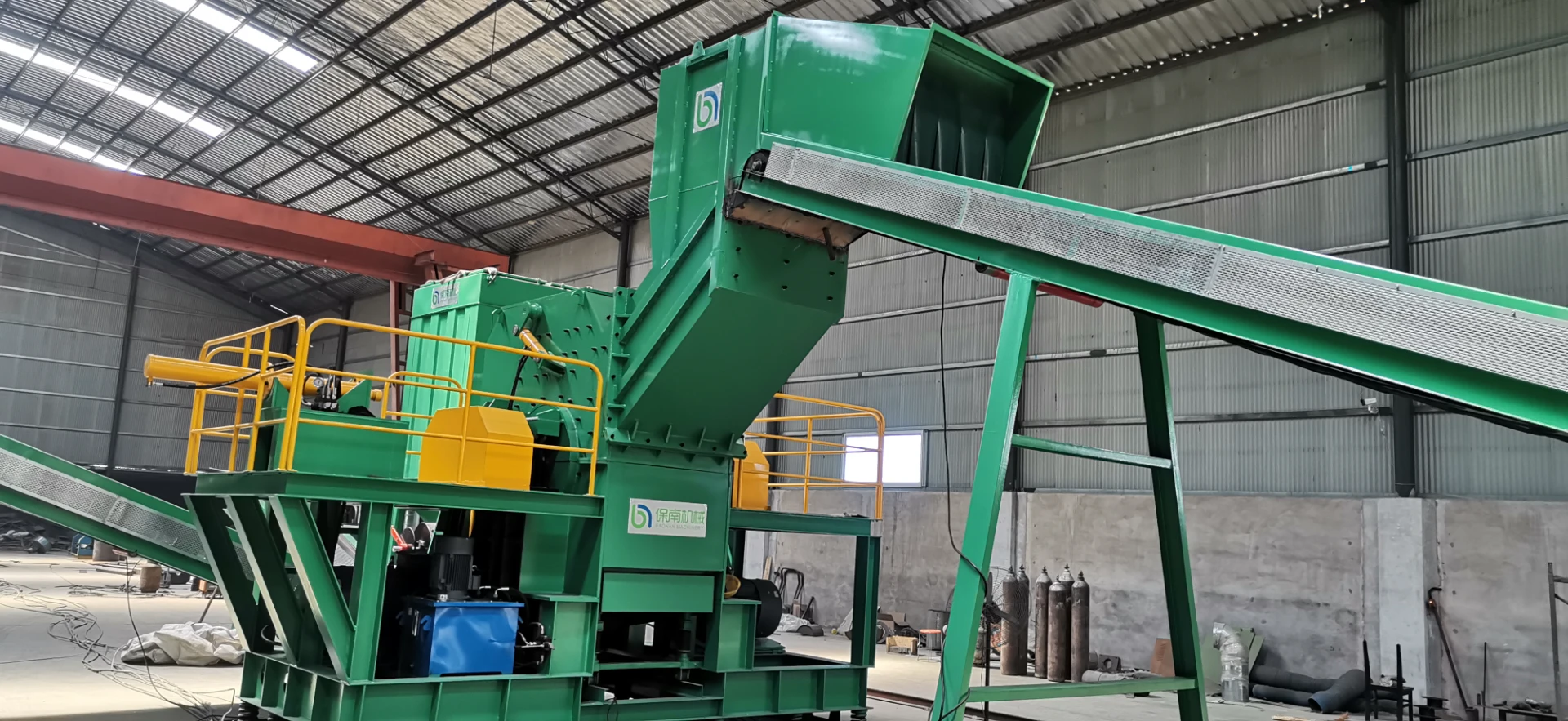

Δεκ . 11, 2024 10:22 Back to list
The Importance of Scrap Metal Plants in Today's Economy
In an era where sustainability and environmental conservation are becoming increasingly critical, the role of scrap metal plants cannot be overstated. These facilities are pivotal in recycling metals, reducing waste, and conserving natural resources. As urbanization and industrial activities continue to rise, the demand for metals also escalates, leading to a heavier reliance on recycling operations to meet this need.
Understanding Scrap Metal Recycling
Scrap metal recycling involves collecting and processing used or discarded metal products to recover valuable raw materials. Scrap metal can originate from various sources, including manufacturing leftovers, old vehicles, construction debris, and household appliances. Once collected, the metal is sorted, cleaned, and processed at a scrap metal plant. The recycling process culminates in the production of new metal products, significantly reducing the need for virgin materials.
Economic Benefits
The economic impact of scrap metal plants is substantial. These facilities create jobs, not only in the plants themselves but also throughout the supply chain, including collection, transportation, and sales of recycled materials. According to industry statistics, the recycling sector, particularly metal recycling, contributes billions of dollars to the economy annually. Jobs in scrap metal recycling are often local, providing communities with employment opportunities and stimulating local economies.
Furthermore, recycling metals is generally more cost-effective than producing them from raw materials. The process of extracting and refining metals is energy-intensive and requires significant resources. In contrast, recycling consumes significantly less energy, which translates to lower operational costs. This cost-saving aspect makes scrap metal plants a crucial player in both economic and environmental sustainability.
Environmental Impact
The environmental benefits of scrap metal recycling cannot be overlooked. Extracting metals from the earth can lead to environmental degradation, including habitat destruction and pollution. By recycling metals, scrap metal plants help mitigate these negative impacts. For instance, recycling aluminum saves up to 95% of the energy required to produce aluminum from bauxite ore. Similarly, recycling steel conserves about 60% of the energy needed for new steel production.

Moreover, the recycling process reduces landfill waste, as metal is one of the most common materials found in landfills. By diverting scrap metal from these sites, we can substantially reduce the volume of waste generated. This actively contributes to reducing greenhouse gas emissions associated with waste decomposition and the energy-intensive processes involved in mining and refining new metals.
Challenges Faced by Scrap Metal Plants
Despite their importance, scrap metal plants face several challenges. One significant issue is the fluctuating prices of scrap metal, which can be influenced by global market trends, tariffs, and demand in manufacturing sectors. This volatility can make it difficult for these plants to maintain steady operations and profitability.
Moreover, the need for technology and infrastructure investment is paramount for improving the efficiency of recycling processes. Many scrap metal facilities are outdated and require modernization to meet increased demand and comply with environmental regulations. The transition to more eco-friendly practices requires additional capital, which can be a barrier for smaller operations.
Looking Towards the Future
As we move towards a more sustainable future, the role of scrap metal plants will become even more critical. With the global push for circular economies—where materials are reused, remanufactured, or recycled instead of discarded—the demand for recycled metals will continue to grow. Innovations in recycling technologies, such as advanced sorting systems and automated processing, will enhance the efficiency of scrap metal plants.
In addition, public awareness of recycling's benefits will likely increase, driving more individuals and businesses to seek out responsible recycling solutions. Partnerships between governments, private sectors, and communities will be essential in creating robust recycling infrastructures and ensuring the long-term viability of scrap metal plants.
In conclusion, scrap metal plants play an indispensable role in today's economy by providing significant economic benefits and contributing positively to environmental conservation. As we face increasing challenges related to resource depletion and waste management, the importance of these facilities will only become more pronounced. Embracing and investing in the recycling industry is not just an option; it is a necessity for a sustainable future.
Latest news
Troubleshooting Common Eddy Separator Problems
NewsJul.04,2025
The Role of Metal Recycling Plants in Circular Economy
NewsJul.04,2025
The Impact of Recycling Line Pickers on Waste Management Costs
NewsJul.04,2025
Safety Features Every Metal Shredder Should Have
NewsJul.04,2025
How Industrial Shredders Improve Waste Management Systems
NewsJul.04,2025
How Cable Granulators Contribute to Sustainable Recycling
NewsJul.04,2025